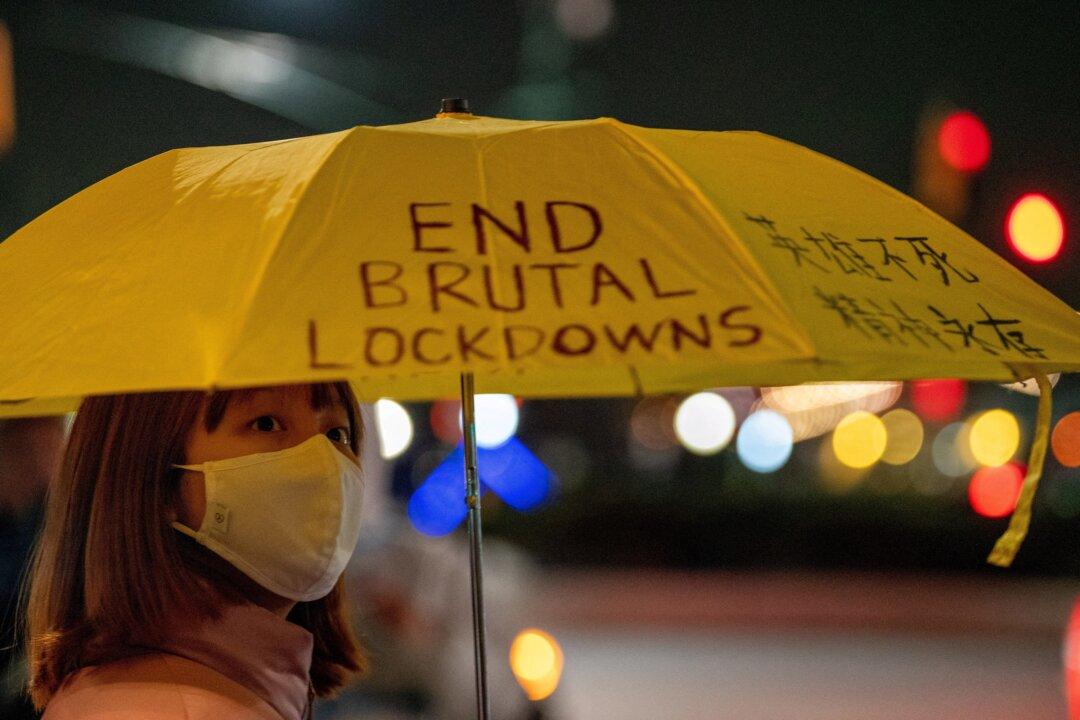When Beijing issued its 10 new rules for COVID containment on Dec. 7, a new problem emerged as nervous residents rushed to pharmacies to get over-the-counter medicines and face masks—most stores were out of both items. At the same time, numerous fever clinics and local medical facilities were closed.
Ms. Zheng, a resident in Hunan, told the Chinese language edition of The Epoch Times she suspects the chain of interest between the corrupt officials and the businesses has quickly shifted from nucleic acid tests to over-the-counter drugs following the new policy announcement.




